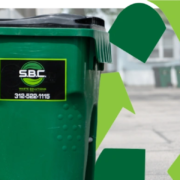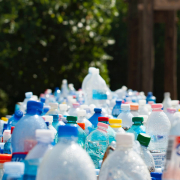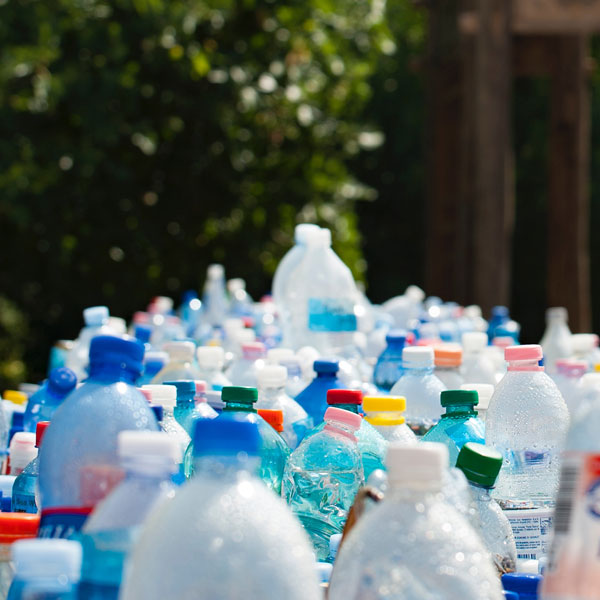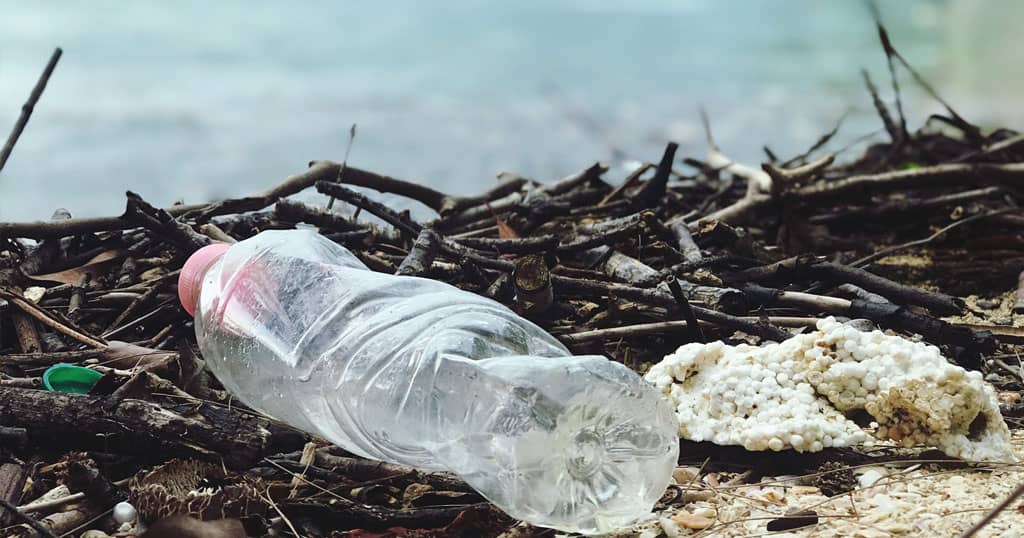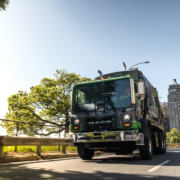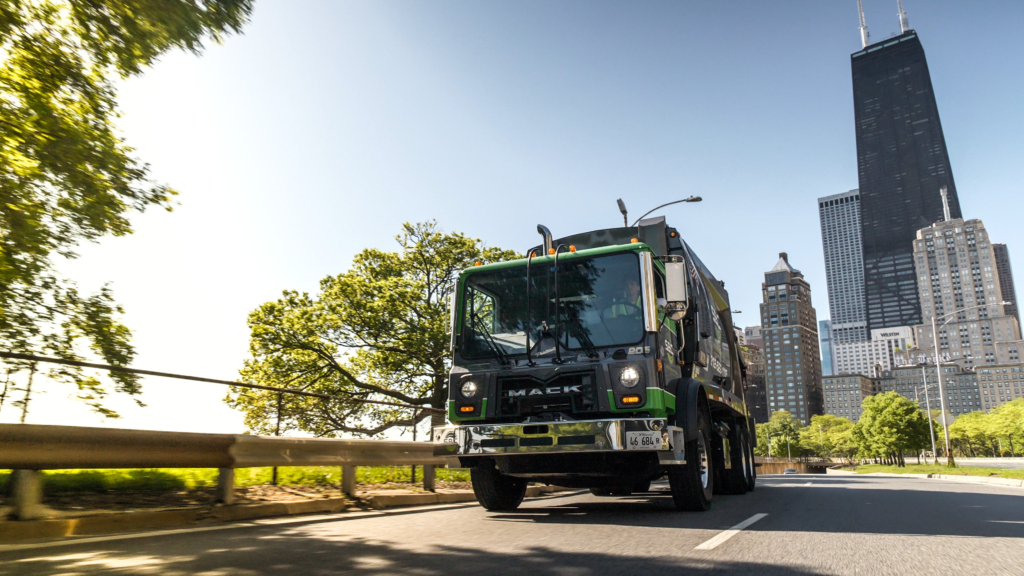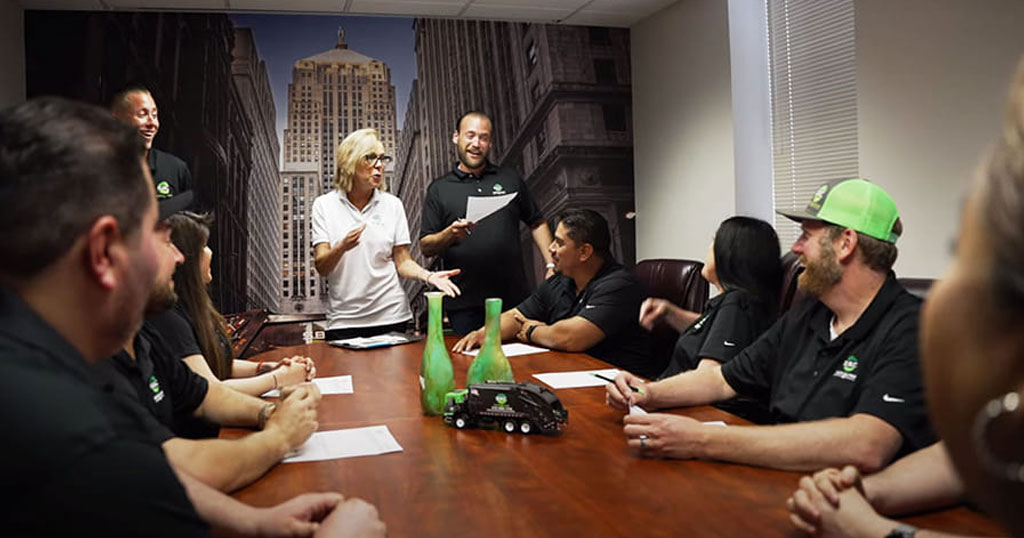Uncovering the Hidden World of Waste Disposal: Challenges and Solutions
Uncovering the Hidden World of Waste Disposal: Challenges and Solutions
In today’s eco-conscious world, the dilemma of how we dispose of our waste is becoming an increasingly pressing issue. The simple act of throwing things away conceals a complex and often ignored system that affects our planet’s health, our well-being, and our ability to sustain life in the future. Our feature, “Navigating Waste Management: Challenges and Solutions,” takes a deep dive into the hidden workings of our society’s approach to waste disposal. In this exploration, we uncover the considerable hurdles we face and explore cutting-edge solutions that aim to address the root of the problem, not just the symptoms. Embark on this informative voyage with us as we explore the intricacies of waste disposal, revealing both the obstacles and the innovative strategies that hold the potential to create a more sustainable future.
Environmental Impacts of Improper Waste Disposal
The environmental repercussions of improper waste disposal are vast and deeply concerning. Landfills, brimming with non-biodegradable waste, become sources of dangerous pollutants. These pollutants leach into the soil, contaminating groundwater resources, vital for both human consumption and agriculture. Additionally, the decomposition of organic waste in landfills produces methane, a potent greenhouse gas that significantly contributes to global warming. The oceans are not spared either, as millions of tons of plastic waste end up in marine ecosystems annually, harming wildlife and disrupting food chains. Beyond these visible impacts, improper waste disposal contributes to air pollution, exacerbating health problems and further accelerating the climate crisis. Addressing these issues necessitates a comprehensive overhaul of current practices and a collective move towards sustainable waste management solutions.
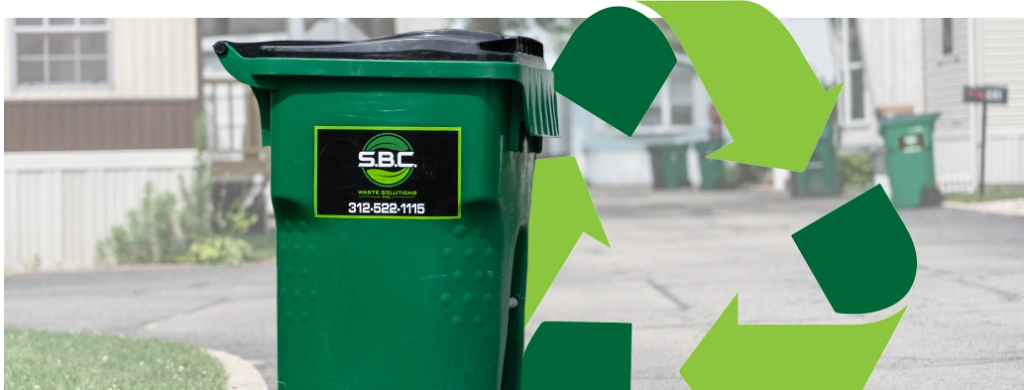
Waste Disposal Service
Addressing the E-Waste Challenge
As technology continues to advance at an unprecedented rate, we are faced with a burgeoning issue—the accumulation of electronic waste (e-waste). From obsolete cell phones and computers to old TVs and various electronic devices, e-waste encompasses a wide array of discarded technological items. The core of the problem lies in the hazardous substances present in e-waste, such as lead, mercury, and cadmium. These toxic materials pose significant risks to the environment and human health if not managed correctly. Despite the potential dangers, a staggering amount of e-waste fails to undergo waste recycling processes, with the bulk of it landing in landfills or undergoing improper disposal techniques that heighten the risk of pollution and health problems. There’s a pressing need for innovative approaches and tighter regulatory measures to boost the recycling efforts of e-waste, ensuring its management is both safe and eco-friendly.
Transforming Trash into Treasure: The Future of Waste Management
The fight against waste accumulation is driving a wave of creative solutions that are rewriting the fate of materials once labeled as garbage. A standout innovation in this arena is the development of bioconversion technologies. These cutting-edge methods transform organic waste into precious commodities, including biofuels, nutrient-rich compost, and even innovative bioplastics, significantly diminishing the need for landfills while simultaneously reducing the release of methane gasses.
In the bustling heart of our cities, the advent of smart waste bins represents another leap forward. These bins are outfitted with sensors that track how full they are, optimizing collection routes to enhance efficiency and decrease the carbon footprint of waste collection services.
A pivotal strategy in this evolution is the adoption of extended producer responsibility (EPR) initiatives. EPR programs place the onus on manufacturers to consider the entire lifecycle of their products, motivating them to engineer products that are easier to recycle.
Complementing these innovations are breakthroughs in the field of materials science, paving the way for the creation of materials that are either biodegradable or easier to recycle. Together, these advancements delineate a future where waste management transcends landfill dependence, embodying a paradigm that prioritizes the conversion of waste into valuable resources.

Waste Disposal Services
Debunking Recycling Myths for Sustainable Waste Management
The concept of recycling is often misunderstood, leading to skewed perceptions about its value and capability in addressing waste management issues. A common error is the assumption that all plastics are created equal in the recycling process, resulting in the unintentional contamination of recyclable materials because, in reality, not every plastic is recyclable in the same way. The notion that recycling is a silver bullet for the global waste dilemma is another widespread misconception. Although recycling is a key component in managing waste sustainably, it represents just a part of a larger strategy that should also prioritize reducing consumption and reusing items as much as possible.
However, there’s a brighter side to the recycling story, underscored by technological progress that has notably enhanced our ability to reclaim and repurpose a wider range of materials. Breakthroughs, such as chemical recycling, are pioneering the way forward, turning what was once deemed non-recyclable plastic into precious commodities. Additionally, successful recycling initiatives driven by communities and governments worldwide showcase the potential of effective recycling systems when supported by suitable policies and community involvement.
By dispelling myths and aligning with the realities, we pave the way for the ongoing development of recycling and take a significant step towards advancing global sustainable waste management efforts.
Policy and Regulation: The Backbone of Sustainable Waste Management
Effective policy and regulation are the backbone of any successful sustainable waste management system. Governments around the world are increasingly recognizing the critical role that legislation plays in mitigating the negative impacts of waste on the environment. By implementing stringent waste management laws, countries can enforce the reduction, reuse, and recycling of waste, significantly lowering the volume of waste that ends up in landfills. Such regulations often include bans on single-use plastics, requirements for businesses to adopt sustainable packaging, and incentives for recycling and composting programs.
One of the key aspects of these policies is the introduction of extended producer responsibility (EPR) frameworks, which hold manufacturers accountable for the entire lifecycle of their products, including post-consumer waste. This incentivizes companies to design products with minimal environmental impact, promoting a shift towards a circular economy where products and materials are kept in use for as long as possible.
Furthermore, governmental bodies are pivotal in funding research and development of new recycling technologies and waste management solutions, fostering innovation that can lead to more efficient and environmentally friendly practices. Through comprehensive regulations, targeted policies, and proactive governance, we can significantly advance our efforts toward achieving a sustainable waste management system that protects our planet for future generations.
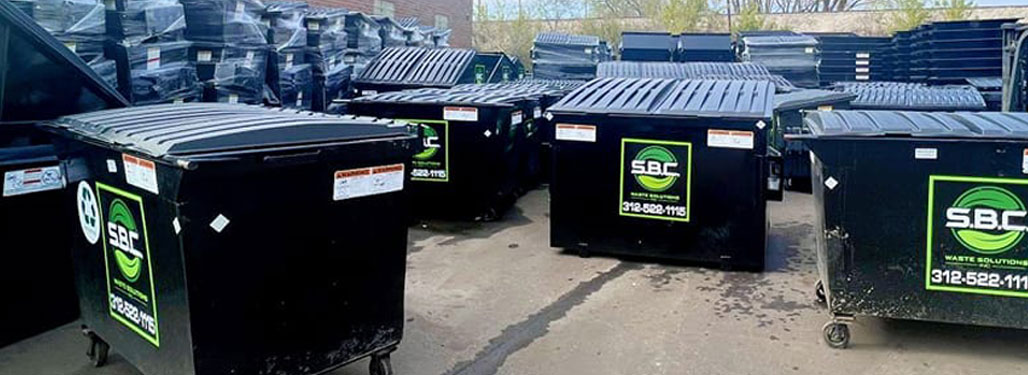
Trash Management Service
Advancing Towards Eco-friendly Waste Solutions
Navigating the path to effective and eco-friendly waste management is a complex yet fulfilling endeavor, necessitating a comprehensive strategy that marries innovation, active community involvement, and stringent policies. To charter this course, it’s imperative to champion the research, development, and broad uptake of revolutionary technologies aimed at diminishing waste volumes and improving recycling efficacy. Simultaneously, it’s vital to cultivate a culture of environmental consciousness within communities, promoting practices of thoughtful consumption and waste reduction. The culmination of these endeavors relies heavily on solid legislative backing that not merely enforces sound waste management methods but also rewards the shift towards environmentally friendly alternatives among both corporations and individual consumers. By intricately interlacing advancements in technology, communal efforts, and governmental policies, we are constructing the groundwork for an era where sustainable waste management is achievable. Through united dedication and resolve, we possess the capability to mitigate waste challenges and safeguard our environment for future generations.
In sum, the movement towards sustainable waste management marks a critical pivot in our collective relationship with the environment. It underscores a shared responsibility that transcends geographical and cultural boundaries, uniting us in the common goal of preserving our planet. The strides made in technology, policy, and community engagement offer hopeful glimpses into a future where the principles of a circular economy are not just aspirational ideals but practical realities. While challenges remain, the path forward is illuminated by the innovative efforts and collaborative spirit showcased across the globe. Together, with continued commitment and adaptive strategies, achieving a sustainable waste management system is within our reach, promising a healthier, more sustainable world for generations to come.
https://www.google.com/maps?cid=4180240075447051620

